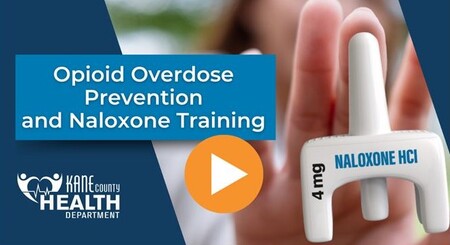By David Newton, Director of Operations, SunCloud Health
At SunCloud Health we receive dozens of calls every day from prospective patients and their families searching for help for addiction and mental health issues. Some call knowing exactly what they are looking for and have been referred to us by a mutually trusted professional because we specialize in just what they need. Many, however, call because they found us on the web, or were given our name as part of a list from their insurance company or maybe they heard about us from a friend or former patient. While all of these “channels” are typical for most of healthcare and aren’t inherently “bad” or harmful per se, none provide the prospective patient in need of care with reliable standardized objective data that they can use to make informed decisions for themselves and their loved ones. What they have rather is second or third hand subjective opinions.

For those of us who believe we are providing quality care at a fair price, and who want patients to know what we do really well and what we might not do as well, this lack of standardized outcomes hurts us just as it hurts our patients. When we get a call from someone seeking help and they ask us to give them the “2 minute sales pitch” on why “SunCloud Health “, we can only assume that patient is likely to end up in the hands of someone else who will say whatever it takes to get that patient through their doors.
We all suffer without outcomes that matter to patients. Our patients suffer the most. Providers and our payers also suffer.

Michael Porter, Thomas Lee and others have written extensively on the role of outcomes in the shift toward #valuebasedhealthcare. While this transition is happening very slowly in mental health and addiction treatment, it is indeed happening. Soon we hope to be held accountable for the care that we provide and rewarded not for the quantity of services we provide but rather the value we provide for our patients, their families and their payers.
The sooner we do away with #feeforservice in our field, the better. And the sooner all of us can provide prospective patients and their families with reliable data that actually means something to them as they make these decisions, the more lives will be saved!








